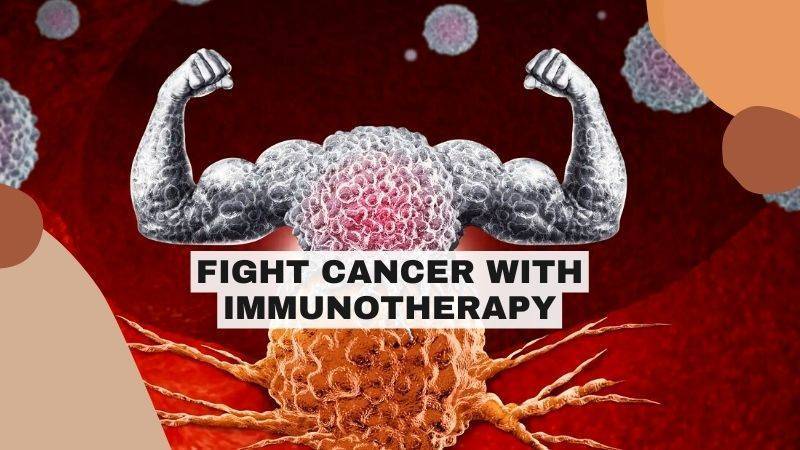“Catching Endometrial Cancer Early is Key to Stopping its Fast Spread”
What is Endometrial Cancer?
Endometrial cancer is a type of cancer that affects the endometrium, the inner lining of the uterus. It is the most common type of uterine cancer and is usually diagnosed in women over the age of 50.
This cancer is typically caused by an imbalance of hormones, such as estrogen and progesterone, which can lead to the overgrowth of the endometrium.
Symptoms of Endometrial Cancer
 Symptoms of endometrial cancer can vary depending on the stage of cancer and the individual. Common symptoms include:
Symptoms of endometrial cancer can vary depending on the stage of cancer and the individual. Common symptoms include:
• Abnormal vaginal bleeding
• Pelvic pain
• Painful urination
• Pain during intercourse
• Unusual vaginal discharge
• Loss of appetite
• Unexplained weight loss
If you experience any of these symptoms, speak to your doctor as soon as possible. Early detection and treatment can improve the chances of successful treatment.
Causes of Endometrial Cancer
The exact cause of uterine cancer is unknown, but certain risk factors have been identified.
The most significant risk factor for endometrial cancer is Obesity. Women who are overweight or obese are two to three times more likely to develop endometrial cancer than women of a healthy weight. Other risk factors include diabetes, hypertension, and a family history of the disease.
Hormone replacement therapy (HRT) is also associated with an increased risk of this uterine cancer. HRT is used to treat symptoms of menopause, but it can increase the amount of estrogen in the body, which can lead to an increased risk of endometrial/uterine cancer.
Other risk factors include a history of endometrial hyperplasia, a condition in which the endometrium becomes thickened, and a history of polycystic ovary syndrome (PCOS), a condition in which the ovaries produce too much of the hormone androgen.
Certain lifestyle factors can increase the risk of this cancer. Smoking, drinking alcohol, and not getting enough exercise can all increase the risk of developing the disease.
Maintaining a healthy weight, avoiding HRT, and avoiding lifestyle factors such as smoking and drinking can all help reduce the risk of developing uterine cancer.
Stages of Endometrial Cancer and How Fast It Can Spread
Stage I: The cancer is confined to the uterus. It is the earliest stage of endometrial cancer and is often curable with surgery.
Stage II: Cancer has spread to the cervix or the fallopian tubes.
Stage III: Cancer has spread to the pelvic wall or the lymph nodes.
Stage IV: Cancer has spread to distant organs, such as the lungs or liver.
This cancer is generally considered slow–growing cancer. It can sometimes spread to other areas of the body, but usually at a slow rate. In the early stages, it may not cause any symptoms and can go unnoticed for many years.
Most cases of uterine cancer are found and treated in the early stages when the cancer is still localized within the uterus. As cancer progresses, it may spread to the bladder, rectum, vagina, or other organs.
In some cases, it can spread to the lymph nodes or distant organs, such as the lungs. The rate of spread varies greatly from person to person and also depends on the type and stage of cancer.
However, some types of endometrial cancer can grow and spread quickly. These types of endometrial cancer are called high-grade or aggressive endometrial cancers.
High–grade endometrial cancers are more likely to spread to other parts of the body, such as the ovaries, Fallopian tubes, and lymph nodes. They are also more likely to come back after treatment.
If you have any symptoms of this cancer, talk to your doctor right away.
What If Endometrial Cancer is left Untreated?
If endometrial cancer is left untreated,
- It can spread to other parts of the body, such as the lungs, liver, and lymph nodes. This is known as metastasis.
- Metastatic endometrial cancer is more difficult to treat and can be life-threatening.
- It can result in significant morbidity and mortality.
If you are facing abnormal vaginal bleeding, pelvic pain, pain during intercourse, and abnormal discharge, it is important to seek medical attention as soon as possible.
Latest Treatments for Endometrial Cancer and Their Effectiveness in Controlling Spread
It is estimated that over 60,000 women will be diagnosed with endometrial cancer in 2020. Treatment for endometrial cancer typically involves surgery, radiation therapy, and/or chemotherapy.
In recent years, new treatments have been developed that are more effective in controlling the spread of endometrial cancer.
One of the most promising new treatments for endometrial cancer is targeted therapy. Targeted therapy is a type of treatment that uses drugs to target specific molecules in cancer cells. These drugs can block the growth and spread of cancer cells without damaging healthy cells.
Another new treatment for endometrial cancer is immunotherapy. Immunotherapy is a type of treatment that uses the body’s immune system to fight cancer. It works by stimulating the immune system to recognize and attack cancer cells.
Hormone therapy is another new treatment for endometrial cancer. Hormone therapy works by blocking the action of hormones that can cause cancer cells to grow and spread.





